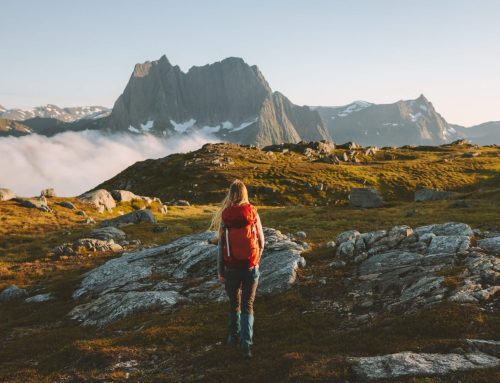Landslide Preparedness Tips: During & After
Landslides occur across our nation. They are capable of doing tremendous amount of damage including loss of life. Many landslides happen unexpectedly. There are many causes of landslides: earthquakes, flooding, rainfall, snow melt, gravity, and volcanoes. When an area has lost vegetation as the result of a fire, it is more susceptible to a landslide.
If an area has experienced a landslide in the past, it is more likely to experience another landslide. It is important to know the history of landslides in your area. Landslides or debris flow, as some call it, occur frequently on roads during and after a heavy rainstorm. Areas that have experienced a tremendous amount of rainfall are particularly vulnerable to landslides.
Here are a few tips to follow during a landslide:
- Consider leaving as long as it is safe to do so. Driving during an intense storm can be dangerous. Watch for collapsed pavement, mud, fallen rocks, and other indications of possible debris flow.
- If you are inside of a building, stay inside; don’t leave your home until it is officially safe to do so.
- Move to a second story, if possible.
- Curl into a tight ball and protect your head if you can’t get out of the landslide’s path.
- Listen for any unusual sounds that may indicate moving debris, such as trees cracking or boulders knocking together.
- If outdoors, try to get to the nearest high ground in the direction away from the path of the landslide.
- If you are at a river, be prepared to leave the area immediately if there are signs that a landslide has occurred higher upstream. Don’t try to take your belongings, just leave the area as fast as possible.
Here are a few tips to follow after a landslide:
- Stay away from the slide area. There may be danger of more slides.
- Check for injured and trapped persons near the slide, without entering the slide area. Inform rescuers as to their locations.
- Help people who require special assistance: infants, elderly people, those without transportation, large families who may need additional help in an emergency situation, people with disabilities, and the people who care for them.
- Listen to local stations on a portable, battery-powered radio or television for the latest emergency information.
- Watch for flooding, which may occur after a landslide. Floods sometimes follow landslides and debris flows.
- Look for broken utility lines and report them to appropriate authorities.




